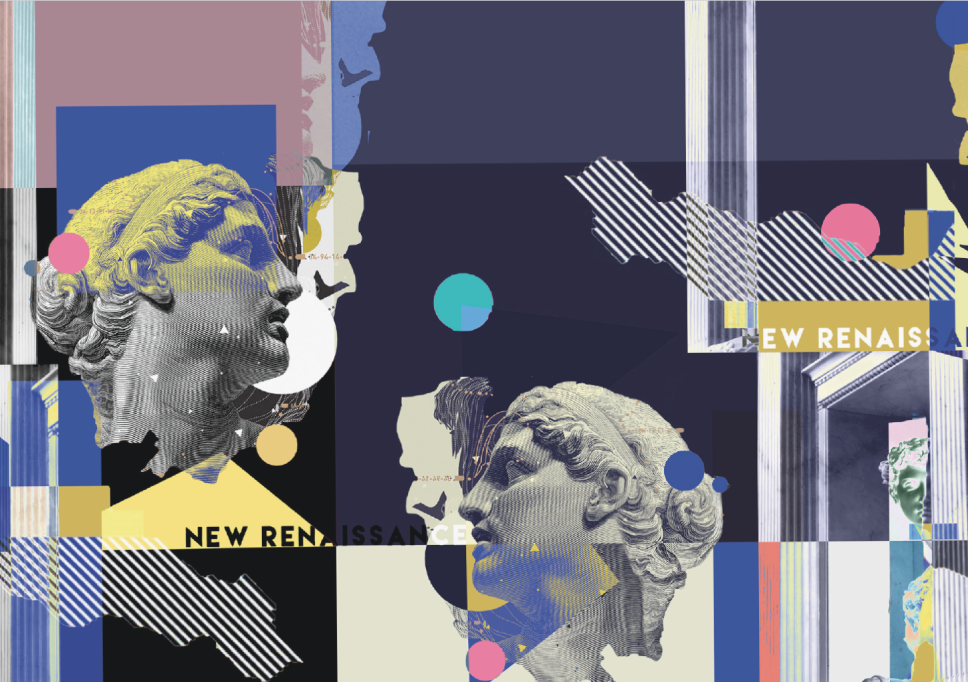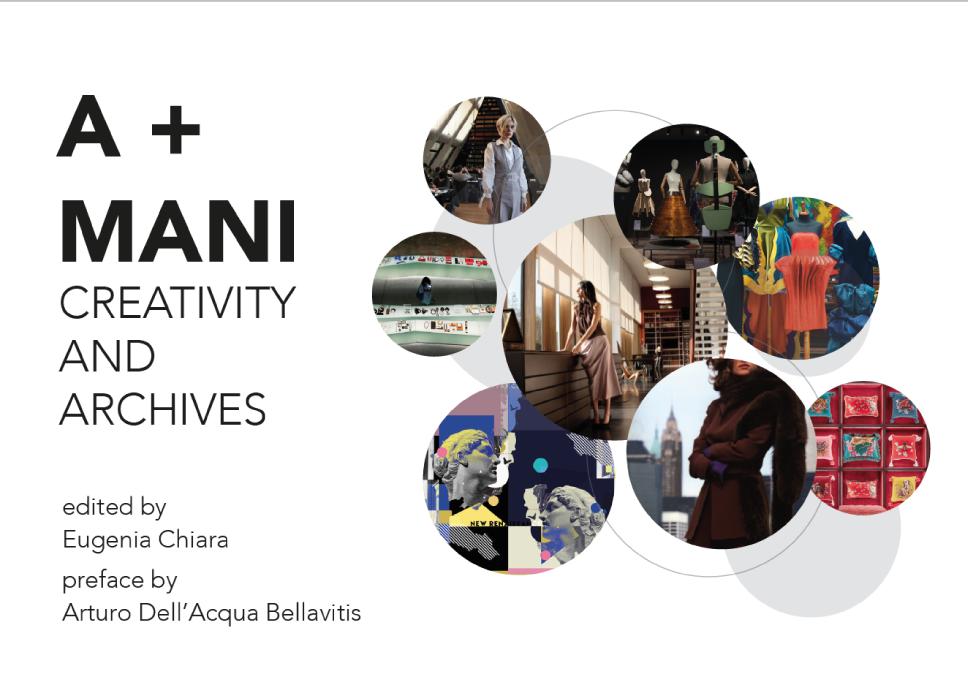
A+ mani is the title of the final advanced design studio, which was the conclusive workshop of Politecnico di Milano’s master in fashion led by the lecturers Arturo Dell’Acqua, Eugenia Chiara, Francesca Rossi and Zoe Romano in academic years 2017-18 and 2018-19. There were two editions of the course, titled “District and Fab Lab” and “Creativity and Archive”. Both editions generated complex projects involving companies, fablabs, artisans and independent research agencies in an advanced fashion project that combined the traditional knowhow of the Italian artisan with the innovation of the fablabs.
The first edition involved four companies from the Modena area – Twinset, Tessitura Monti, Luciano Benelli and Kettidoo – which provided briefs to the students in line with their production needs. The students, led by four master artisans and by the Fablab Wemake, then developed projects in which sartorial elements were merged with the most advanced wearable technologies to meet the companies’ requirements, the whole process overseen by the lecturers of Politecnico di Milano and the independent research agency Penisola.
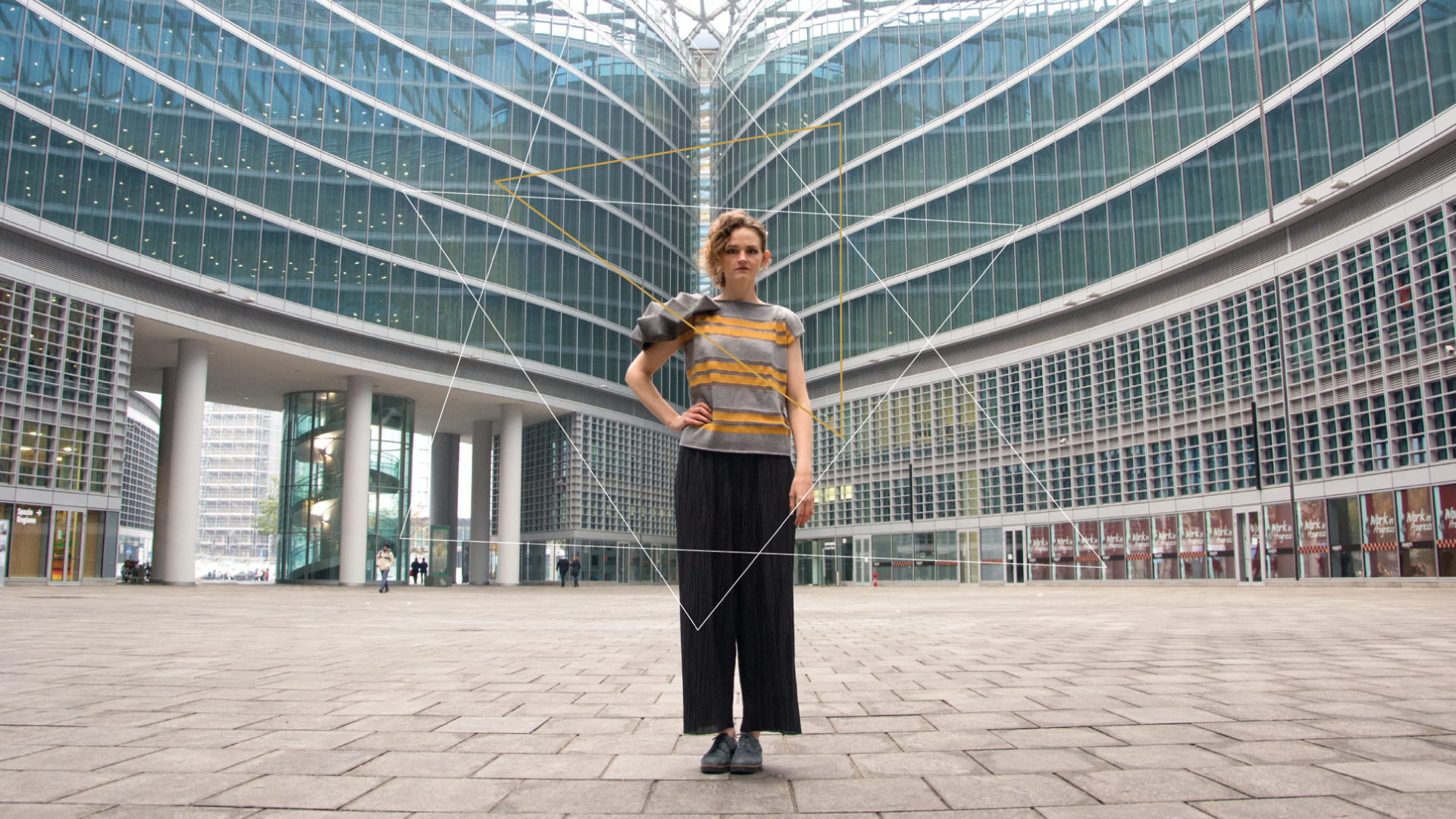
In its second edition, titled “Creativity and Archive”, the course connected the students of Politecnico di Milano with 3 different Italian companies (Colours Company from Como, ErreUno from Milan and A.N.G.E.L.O. from Lugo di Romagna), all of which have important archives. This educational path resulted in the 60 students on the Fashion Advanced Design Studio course coming into contact with the world of fashion archives and interpreting models and content to arrive at the development of contemporary fashion designs that were in line with the dynamics of the market. The path can be defined as a action-research path. Over the course of a three-month workshop, the students were able to learn about three different archives; the textile firm Colour’s Company, ErreUno which carries the signature of Armani, and the vintage archive of A.N.G.E.L.O. The students had the opportunity to analyze some of the richest archives of important drawings and models, to redesign the archives with a view to their digitization, and to redesign contemporary objects inspired by iconic pieces found in the archives.
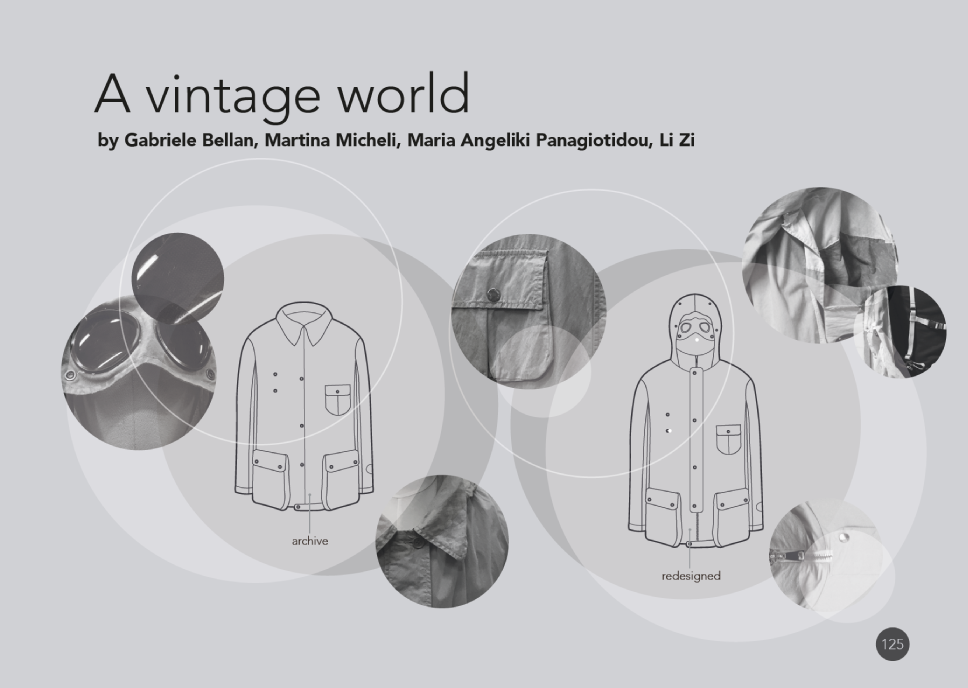
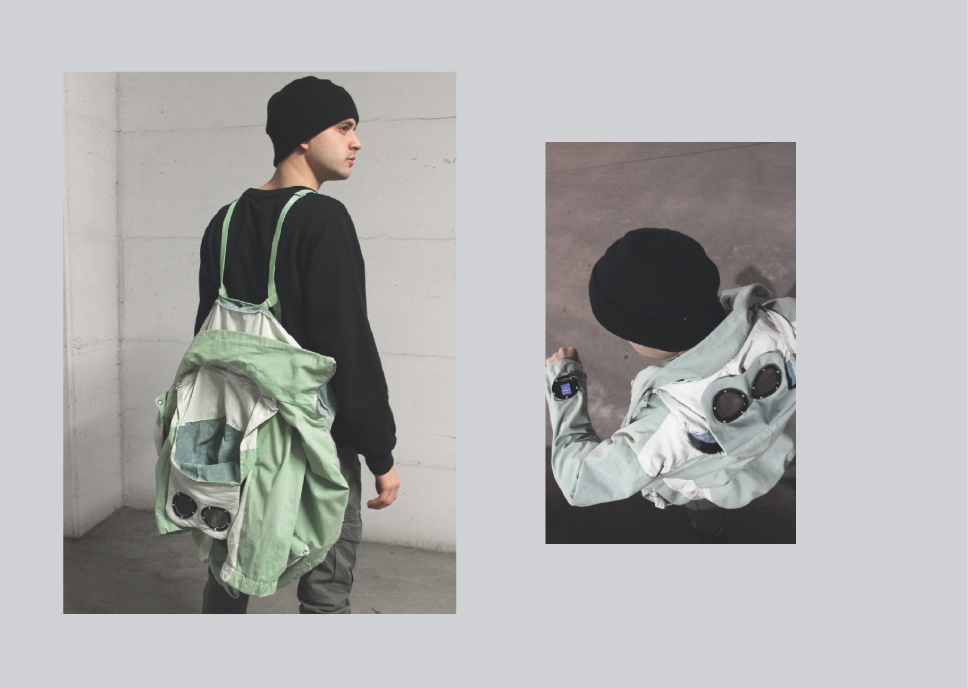
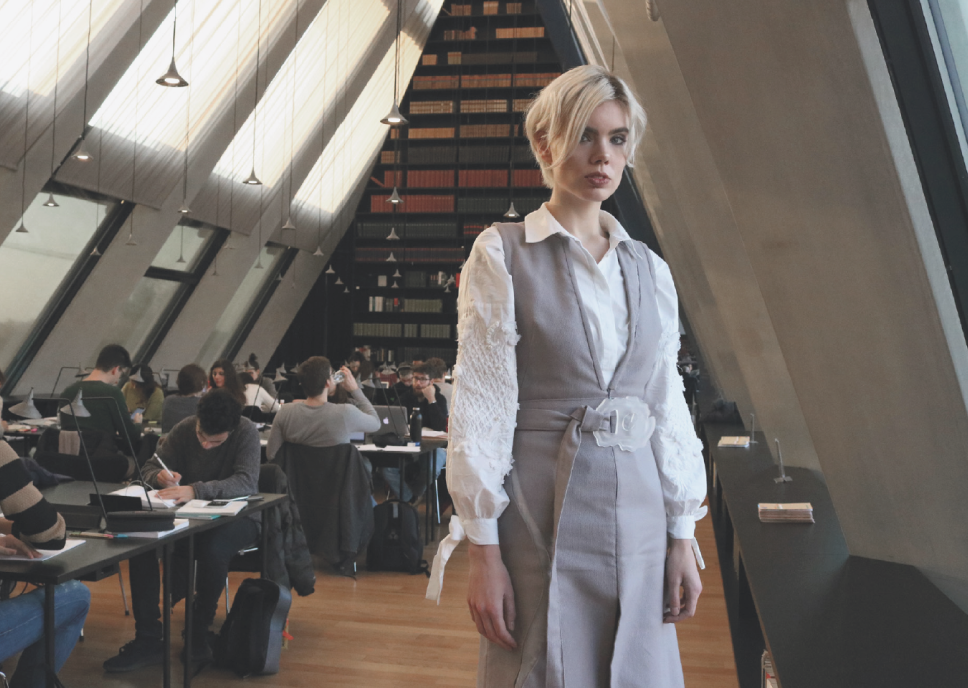
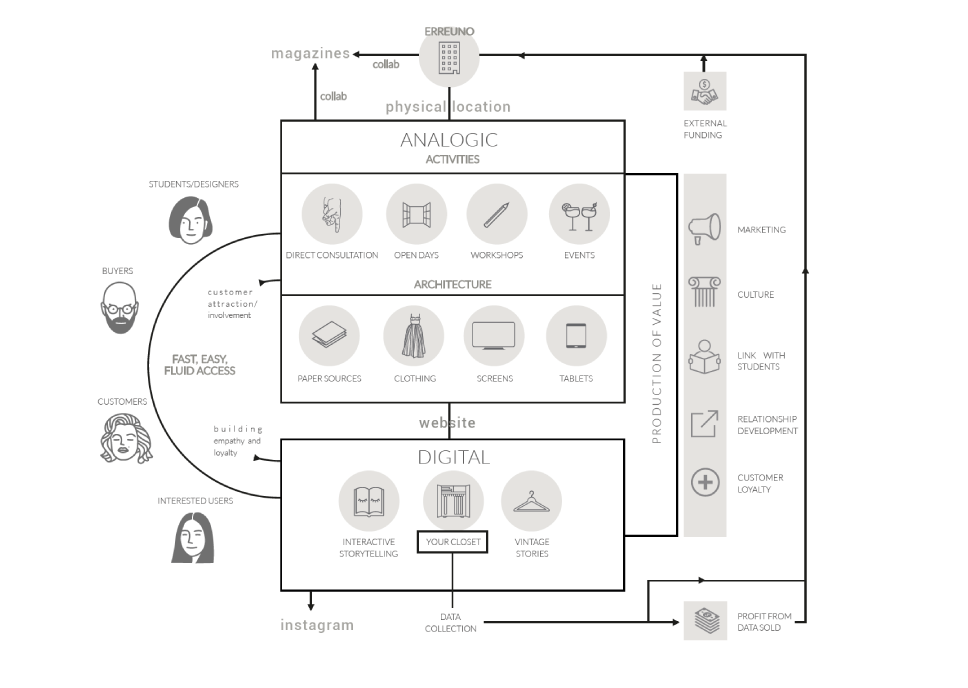
The process began with a project brief that defined the main objectives of the workshop and its potential outcomes. This was followed by three different project phases: research and analysis; design and digitization of the business model; and the restyling of an iconic outfit. The approach to the archives was to analyze their working rules and competitors, the possibilities offered by the latest digitization methods, and the opportunities associated with new digital and open business models.
The end of the process concluded with a creative exercise in redesigning an iconic piece from the archive to enhance the heritage of the brand concerned. The final result of this course was the students’ interaction with the fashion companies’ archives in connection with their knowledge of the Italian territory. In this module, the students became real innovators for the enterprises concerned, proposing new solutions and business models for the enhancement of their archives.
